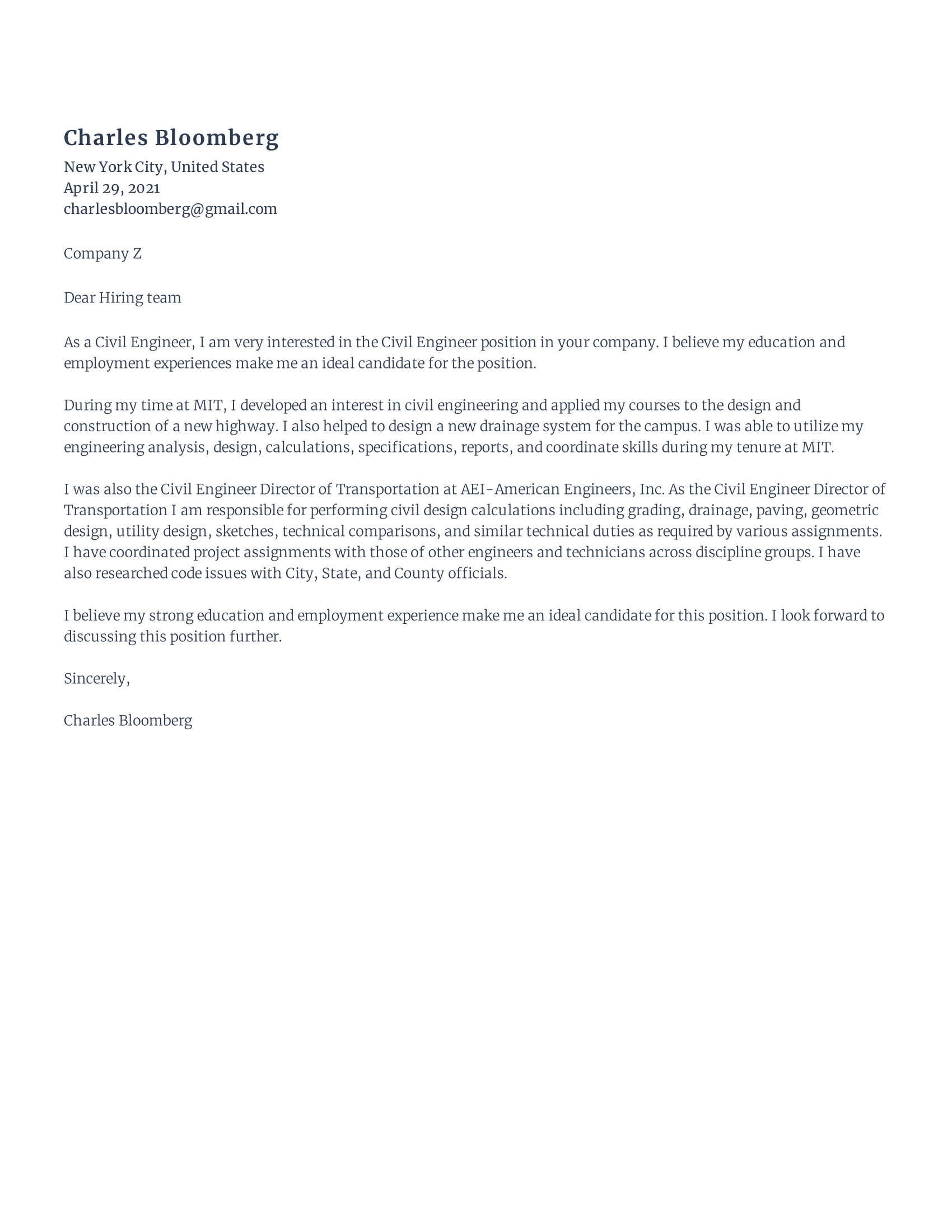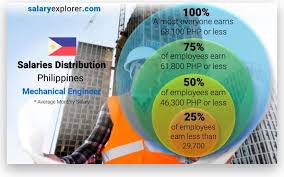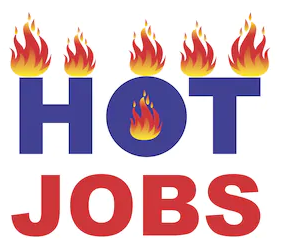
The process of career planning begins with a self-assessment. After this, you should explore your career options. Individuals need to research the market in order to find out which industries and areas are growing. Next, they should set short-term and longer-term goals. These goals can either be short-term or longer-term. Their choice of path should align with these objectives. There are many factors to take into consideration when planning.
Self-assessment
A self-assessment is a good way to discover your skills and interests. Many people choose a career that does not interest them. Knowing your interests is crucial before you begin to look at other career options. Your strengths and weaknesses can be identified using the interest assessment questions. These questions can help you determine if a job is right for your needs.

Information gathering
The job seeker will gather information that will help him or her decide on a career path. The federal government maintains a list of over 31,000 career fields. Most students do not know much about many of these. MyPlan, a paper and pencil assessment, career publications, as well as other resources, can help them narrow down the career options. They might also be able to get information through others.
Ranking of career options
Your career planning process can be a continuous process that includes analyzing your personality, interests, skills, work-life balance and geographical preferences. Once you have compiled a list and ranked them according to their pros/cons, you can then rank them. While this can be frustrating and even counterproductive, it can also lead to progress. However, you should remember that career paths may offer different opportunities. These are some of the most common mistakes that you should avoid.
Flexibility
Organizations are not immune from external forces. However, they often serve as a hub for more general norms and rules related flexibility. Accepting change can help overcome anxiety and fears, as well as build a foundation for your success. These tips can help you to embrace change and build career flexibility. Soon you will see the benefits of flexibility, and how it can positively impact your personal life. Next, you will learn how to use the power and flexibility of change to reach your career goals.

Goals
Achieving success in your chosen field is not impossible. You must have specific goals to reach your goals. You should make your goal list complete and include training and occupational goals. Include any obstacles that can prevent you reaching your goals. These obstacles could be of a financial, educational, vocational, or other nature. Other barriers could be personal, such as obligations to family members. For each of your goals, set a time frame so you know when you can begin to move.